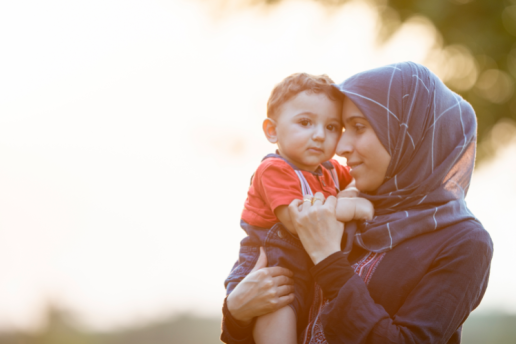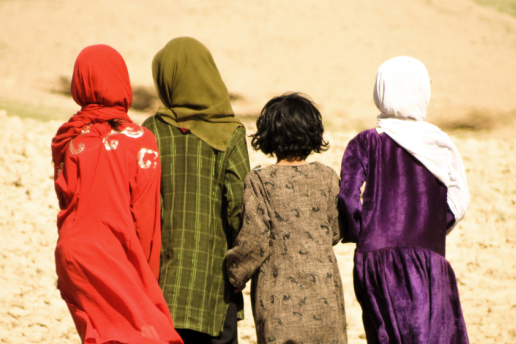Today.com recently posted an article titled How to Adopt Afghan Refugee Children. Not surprisingly, the piece was widely shared on social media, with many commenters offering to “step up” to adopt these children. While the impulse to “rescue” children in need comes from a good place, it is misguided in this situation.
 The Goal Should Be Reunification
The Goal Should Be Reunification
In the aftermath of a disaster, such as a civil war or military take-over, it is not uncommon for children to accidentally be separated from their families. The only goal at this time should be to help reunite these separated families. If it is determined that a child has lost both parents, the best practice in child welfare is to make an effort to find members of the extended family or community to adopt or raise the orphaned child.
We received the following comment from a member of the CreatingaFamily.org online support community:
I’m tangentially involved in helping evacuate people from Afghanistan, and I have to say, the number of adoption inquiries I’ve seen has been utterly demoralizing. People are emailing and posting on social media: “There’s an abandoned refugee child at the airport. How can I adopt him? I know adoption is usually a long process, but under the circumstances, how do I get this child to America?” — which sounds great on a surface level, right? But the translation is “There’s a kid here who got separated from his parents in the crowd, and rather than trying to reunite them, I am so entitled that my very first reaction is that I should have the right to take him home like a lost kitten without even being vetted to see if I’m qualified to be an adoptive parent.” And we’re also seeing messages like “PLEASE HELP my five-year-old son got lost in the crowd and doesn’t speak English WE ARE DESPERATE,” just to really drive the point home.

Adoptions, as we know them, may never be an option for children from Afghanistan. Islamic Shari’a Law does not allow for U.S.-style adoption. Accordingly, it may not be possible for U.S. citizens to adopt a child who is orphaned overseas and obtain an immigrant visa that will allow the child to live in the United States. However, some countries in which Shari’a law is observed do allow custody of children to be transferred through guardianship. It still seems unlikely that this time that a Taliban-controlled Afghan government would allow U.S. citizens to do this. Even if allowed, it is usually a long and arduous process.
We Cannot Encourage the Unscrupulous
A rush to adopt in the aftermaths of a national disaster or war also opens the door to unscrupulous actors taking advantage of children and those who want to “rescue” them. As the member of our online support community says:
Even if it were easy to adopt a refugee child during a national crisis, and even if Afghanistan’s laws permitted it, by swooping in now, we’d be encouraging unscrupulous actors to meet the sudden demand for adoptable children by… providing “adoptable children.” The motives of potential adoptive parents may be pure, but the impact can be gruesome, because there’s A LOT of money to be made out there and not everyone is an angel. In short: Please gently discourage anyone you hear talking about adopting a “refugee child” just now. There are other, better ways to support these children and their families.
We understand the desire to help children in need. Humans are geared to care, which is wonderful but not appropriate for the children we see in the sad pictures from Afghanistan.
There IS Something You CAN Do.
If you feel a tug on your heart, please consider becoming a foster parent for the approximately 500,000 children in the U.S. who need homes. The recent CreatingaFamily.org podcast on How To Become a Foster Parent will guide you on your first steps.
Additionally, many reputable organizations are doing excellent refugee care work that would benefit from your charitable donations. It won’t be difficult to find one that fits your worldview and family values.
This article was originally published by Creating A Family on August 25, 2021. View original post here.
Begin Your Foster Care Journey with CH/LSS

